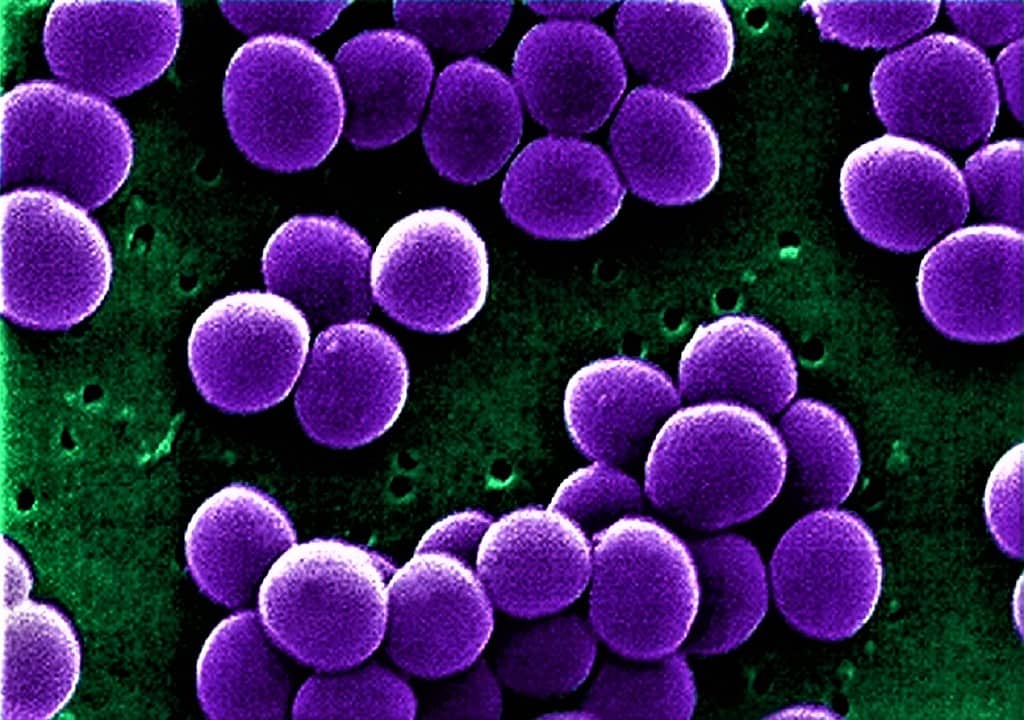-
U.S. Measles Outbreak: Why is this still happening?

by Andrea He Measles has long been a disease that plagued developing countries in Africa and South America. In fact, it was declared eliminated in the United States in 2000, due to the consistent vaccination of American children – which makes the recent news of the outbreaks in the U.S. even more mysterious and…
-
In Event (of) Horizon, Break Glass!

by Ethan Ward How do you see something that doesn’t want to be seen? This was the fundamental question facing scientists who worked on the Event Horizon Telescope (EHT) project to produce the first ever picture of a black hole. If you want to know more about taking a snapshot of something that has the…
-
Peroxisomal Compartmentalization in Yeast

by Arjun Chandran Synthetic biology is a new and exciting field that applies engineering principles to biology to create novel useful systems with unique functions. One of the prominent sub-divisions of synthetic biology today that has applications across the industry is the field of metabolic engineering which specializes in the creation of microbial (usually yeast…
-
UC Berkeley synthetic biologist brews cannabis using genetically modified beer yeast

For years, people have used yeast to brew beer – now the very same yeast can be used to make cannabinoids, compounds that affect the human central nervous system by binding to cannabinoid receptors. The two major cannabinoids are cannabidiol (CBD) and tetrahydrocannabinol (THC). THC is the main psychoactive compound in cannabis, and is associated…
-
Physical Features of Previously Seen Faces Influence Your Perception of Emotion

by Devina Sen Categorization is crucial to shaping our individual experience of the world around us. When our eyes fall on an object we have never seen before, we use prior knowledge of features and old encounters to best categorize and identify the object as something we are familiar with, like concluding that a fluffy…
-
Hidden Threats in the Water: Risks in Seafood Farming

By Andrea He Many of the salmon steaks you buy at the supermarket are not from freshly-caught wild fish but are instead grown in a controlled pool filled with many other salmon. Aquaculture, or farmed seafood, is an important industry that provides jobs and food for millions of people around the world. However, water sample…
-
Did someone call you “bird-brain”? A reminder that birds are smarter than we think

by Andreana Chou There are a plethora of videos showing rats navigating mazes and octopuses opening jars to obtain a reward. You may have also seen one video in particular of a crow dropping objects into a tube of water to raise the water level, understanding water displacement in order to snag a floating treat. In…
-
Turning Thoughts into Reality: The Future of Brain-Computer Interfaces

by Katheryn Zhou From stories about cyborgs seamlessly controlling artificial bodies to communicating thoughts and images straight from the mind, humans have long dreamed of manipulating their surroundings with the mind alone through telekinesis and telepathy. While we are still not quite in the worlds of Ghost in the Shell, these dreams are no longer…
-
Superconductivity at “Magic Angles”

by Meera Aravinth Graphite, otherwise known as pencil lead, is an everyday material that most people never think about twice. For physicists, however, this mundane item has been a gateway to an interesting exploration of 2D materials and their properties. Graphene is a single layer of carbon atoms and can be formed by using Scotch…
-
Wave Goodbye to that Coastline

by Ethan Ward Climate change is a topic that is discussed constantly, but rarely from a non-politicized lens. The work of climate scientists is to study global trends in how the atmosphere interacts with itself as well as other systems (hydrosphere, cryosphere, etc.) and make predictions on what they find, not to dictate policy. The…